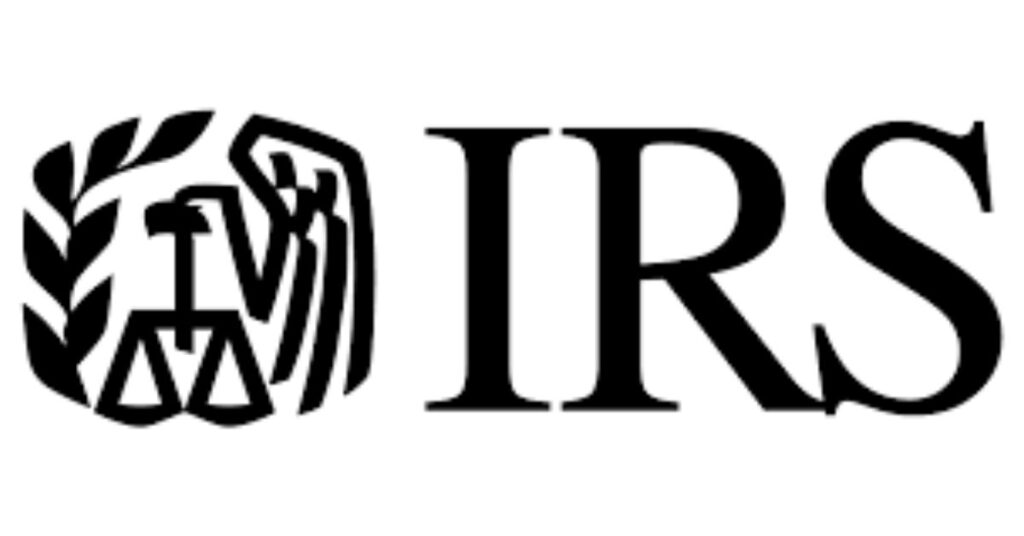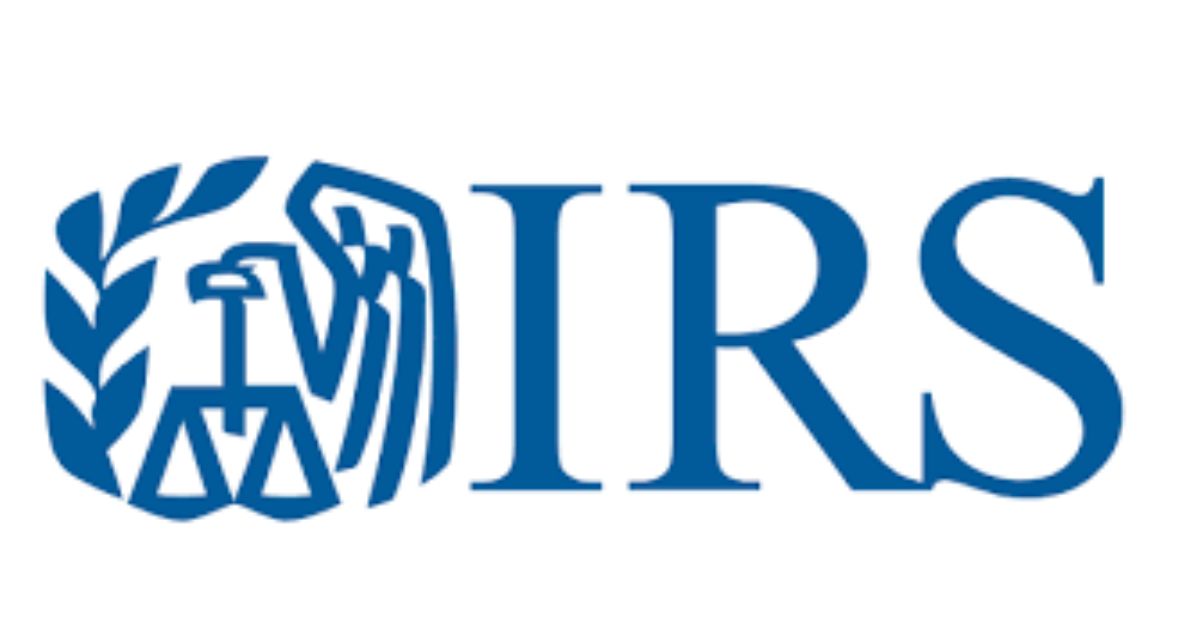Introduction:
Small businesses are the backbone of the American economy, driving innovation and providing employment opportunities. However, navigating the complex landscape of taxes can be a daunting task for these entrepreneurs. The Internal Revenue Service (IRS) seems to have intensified its scrutiny on small businesses, leading to increased audits and causing unnecessary stress during the tax season.

The IRS’s Focus on Small Businesses:
1. Understaffing and Underfunding:
The IRS faces significant challenges with limited resources, leading them to concentrate their efforts on areas where they believe they can maximize returns. Unfortunately, this often means targeting smaller businesses that may be perceived as less likely to have the resources to contest an audit.
2. Aggressive Enforcement Powers:
Recent years have witnessed the IRS receiving expanded enforcement powers. This has empowered them to take more assertive measures in dealing with potential tax discrepancies, including an increased focus on small businesses.
The Negative Impact on the Economy:
3. Impeding Growth:
The heightened audit rate for small businesses can create a sense of uncertainty that hinders their growth prospects. When entrepreneurs are constantly worried about potential IRS audits, they might shy away from making investments or taking risks that could lead to business expansion.
4. Wasted Time and Resources:
A small business owner’s time is incredibly valuable, and being subjected to an audit consumes significant resources. The IRS’s relentless pursuit of minor discrepancies can divert entrepreneurs’ focus from running their businesses effectively.
5. Business Closures:
In some unfortunate cases, the excessive pressure from IRS audits has led to the closure of small businesses. For a venture struggling to stay afloat, the added burden of an audit can be the tipping point that results in shuttering the business.
Call to Action:
6. Ensuring Accurate and Timely Tax Filings:
Small businesses must prioritize accurate and timely tax filings. Utilizing professional accountants or tax experts can help avoid mistakes and potential red flags that could attract IRS attention.
7. Thorough Record-Keeping:
Maintaining meticulous records of all business expenses is crucial. This documentation can serve as evidence during an audit and demonstrate compliance with tax regulations.
8. Knowing and Exercising Rights:
Small business owners have rights when dealing with the IRS. They have the option to appeal an audit decision if they believe it was unjust. Additionally, they can request assistance from a taxpayer advocate to navigate complex tax matters.
IRS login link:
The IRS does not have a general login for taxpayers. If you need to access your personal tax information or file your tax return electronically, you can do so through the official IRS website at https://www.irs.gov/.IRS Repayment:
If you owe taxes to the IRS and need to arrange a repayment plan, you can visit the IRS website or contact them via phone. The IRS offers various payment options and instalment agreements to help taxpayers fulfil their tax obligations.IRS Refund Process and Link:
You can check the status of your tax refund by visiting the “Where’s My Refund?” page on the official IRS website. The link for this service is https://www.irs.gov/refunds. You will need to provide your Social Security number, filing status, and the exact refund amount to access your refund status.IRS Customer Service:
The IRS provides customer service assistance through various channels. You can reach them by phone at the numbers mentioned above. Additionally, you can find helpful resources and answers to common questions on their official website.IRS Refund Status Link:
To check the status of your tax refund, you can use the “Where’s My Refund?” tool on the IRS website. The link for this service is https://www.irs.gov/refunds.IRS Tax Return:
To file your tax return with the IRS, you can do so electronically through their official website or by mailing a paper return. The IRS offers e-filing options that are convenient and secure, and they also provide guidelines for filing various types of tax returns.
Conclusion:
While the IRS has a responsibility to ensure tax compliance, its focus on auditing small businesses has become overly aggressive. Small businesses already face numerous challenges, and the IRS’s zealous enforcement should not be one of them. Instead, the IRS should concentrate on identifying and addressing tax evasion among larger entities, allowing small businesses to thrive and contribute to the nation’s economic growth.
FAQs (Frequently Asked Questions):
- Are small businesses more likely to be audited than larger corporations?
- Yes, small businesses are more likely to be audited due to the IRS’s focus on areas where they believe they can maximize returns.
- How can small businesses protect themselves during an audit?
- Small businesses can protect themselves by ensuring accurate and timely tax filings, maintaining detailed records, and being aware of their rights during the auditing process.
- Can a taxpayer advocate help a small business during an IRS audit?
- Yes, a taxpayer advocate can assist small businesses in navigating the complexities of an IRS audit and ensuring fair treatment.
- What impact can an IRS audit have on a small business’s growth?
- IRS audits can impede a small business’s growth by creating uncertainty, diverting resources, and causing stress to business owners.
- Is the IRS’s focus on small businesses expected to change in the future?
- While it’s challenging to predict future policies, it’s essential for small businesses to stay informed about tax regulations and potential changes.


